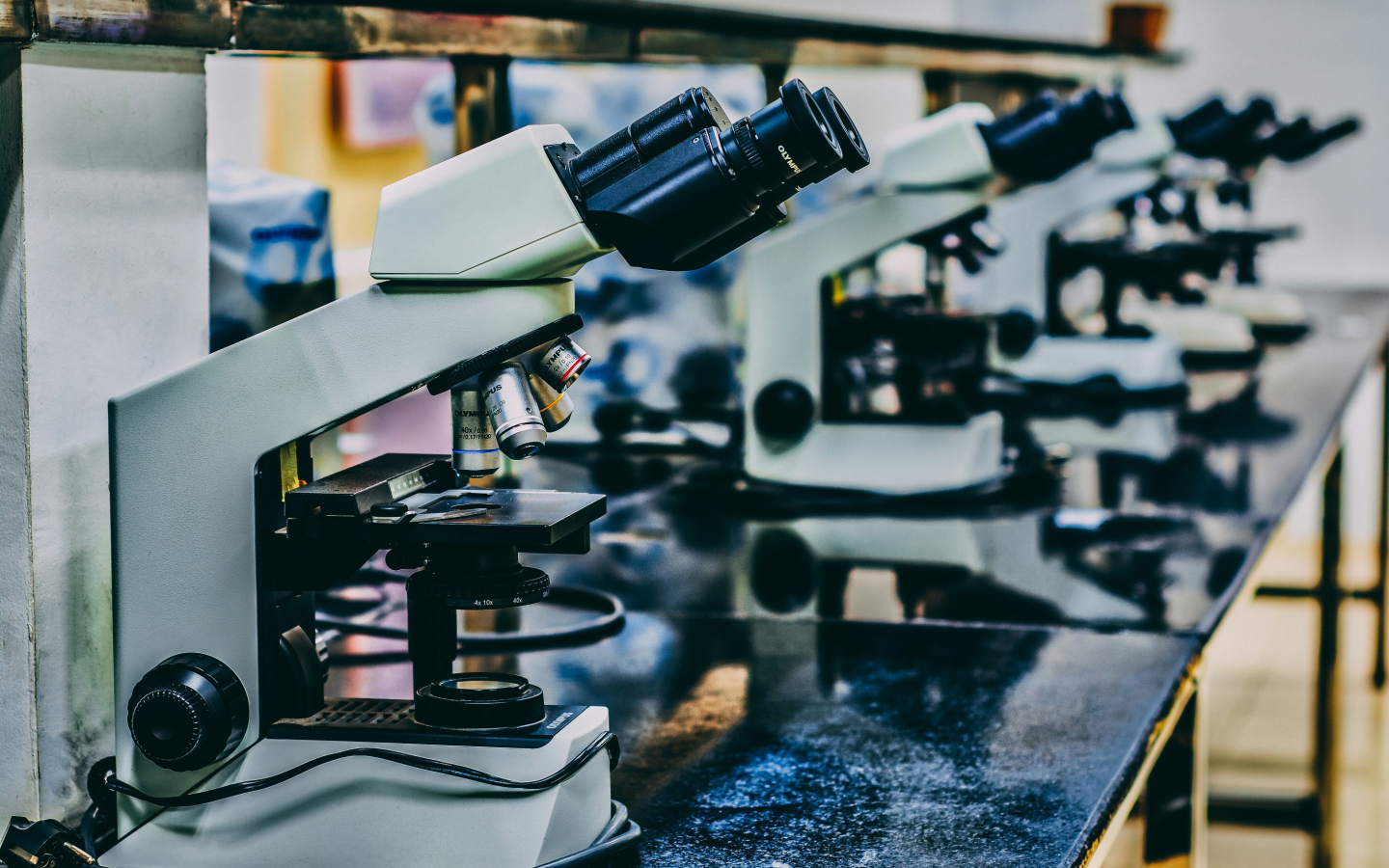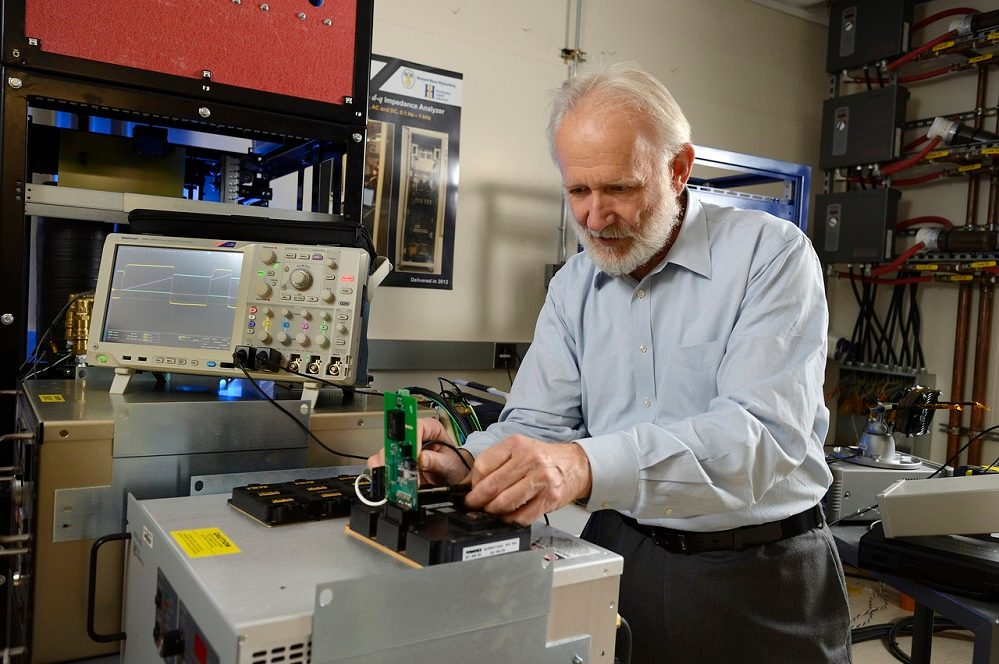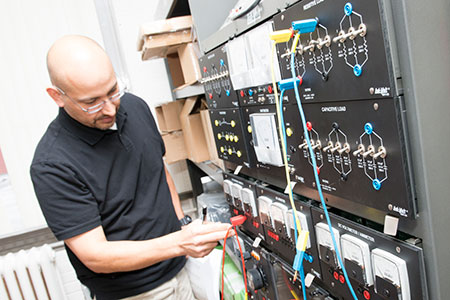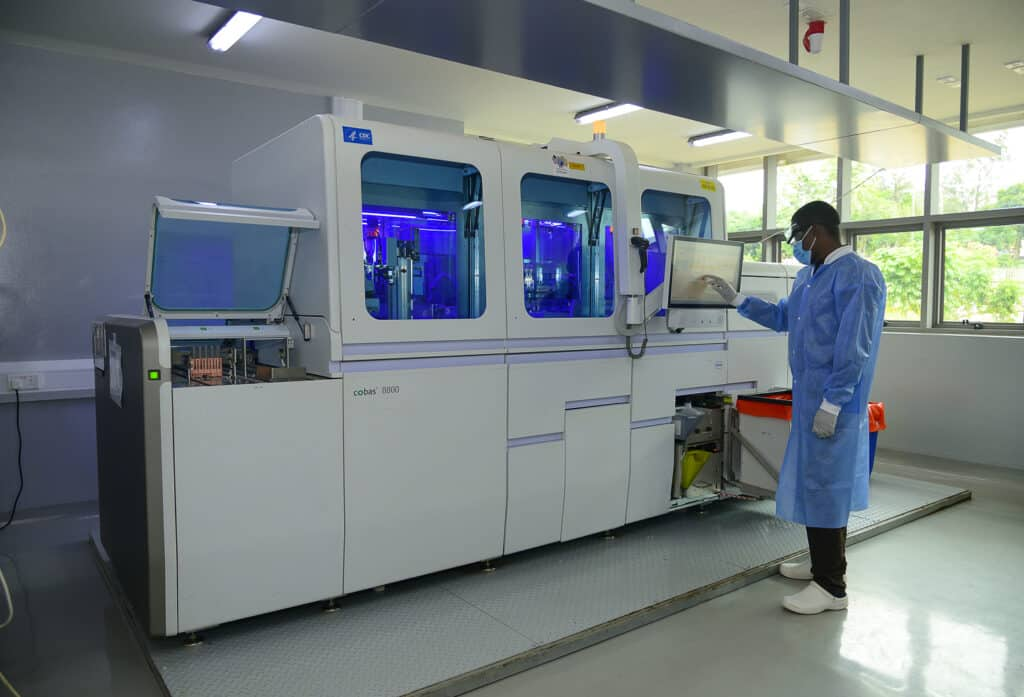
Lab Engineering Services: Elevating Your Research with Expert Solutions

Lab fire hazards and applicable codes
Laboratories are inherently prone to fire hazards due to the presence of flammable chemicals, electrical equipment, and potential ignition sources. This article provides an overview of these hazards and the applicable codes that govern fire safety in laboratory settings. It highlights the importance of implementing comprehensive fire safety protocols, including the use of fire extinguishers, sprinkler systems, and other fire fighting systems. By understanding the risks and adhering to relevant codes, laboratories can significantly reduce the likelihood of fire incidents and ensure the safety of personnel and equipment.

Introduction to fire protection for labs
Fire safety is paramount in laboratories, where flammable materials and hazardous chemicals are frequently handled. This article provides an overview of fire protection measures essential for lab safety. We'll discuss the importance of fire suppression systems, including sprinkler systems, fire extinguishers, and fire blankets. We'll also cover safety protocols, such as proper storage of flammable materials, evacuation procedures, and regular fire drills. Additionally, we'll touch upon relevant regulations and standards that govern fire safety in laboratories. By understanding these measures, you can create a safer and more compliant lab environment.

Resolving wiring and grounding issues
Electrical issues can disrupt your lab's workflow and compromise safety. This article focuses on troubleshooting wiring and grounding problems, common culprits behind electrical malfunctions. We'll cover identifying signs of faulty wiring, diagnosing grounding issues, and implementing safe and effective solutions. Whether you're dealing with intermittent power outages, electrical shocks, or equipment malfunctions, this guide will equip you with the knowledge to resolve these problems efficiently and ensure a safe and reliable lab environment.

Troubleshooting electrical failures and outages
Electrical failures and outages can disrupt lab operations, leading to lost time, wasted resources, and potential damage to equipment. This article guides you through the process of troubleshooting these issues, covering common causes such as faulty wiring, overloaded circuits, and power surges. We'll also discuss safety precautions to take when dealing with electrical problems, as well as effective solutions to restore power and prevent future occurrences. By understanding the fundamentals of electrical troubleshooting, you can minimize downtime, ensure the safety of your lab personnel, and maintain a productive research environment.

Maintenance protocols for lab electrical systems
This training module provides a comprehensive overview of maintenance protocols for lab electrical systems. It covers essential topics such as routine inspections, preventative maintenance schedules, and troubleshooting procedures. The module emphasizes the importance of safety, compliance with relevant regulations, and minimizing downtime. You will learn how to identify potential hazards, perform electrical tests, and address common issues effectively. By following these protocols, you can ensure the safe and reliable operation of your lab's electrical systems, contributing to a secure and productive research environment.

Proper electrical installation and validation
This training module provides a comprehensive overview of proper electrical installation and validation procedures for laboratory environments. It covers essential topics such as safety protocols, wiring standards, grounding techniques, and testing methods. You will learn how to identify potential hazards, perform routine inspections, and document all electrical work. This module emphasizes the importance of adhering to industry regulations and best practices to ensure the safety and reliability of your lab's electrical systems.

Selecting emergency lighting and alarms
Selecting the appropriate emergency lighting and alarms is essential for ensuring the safety of your lab personnel and equipment in the event of a power outage or other emergency. This article provides a comprehensive guide to help you make informed decisions. Key considerations include compliance with relevant electrical safety regulations, the specific requirements of your lab environment, and the availability of backup power sources. We discuss factors such as the type and intensity of lighting required, the placement and activation of alarms, and the integration of these systems with other safety protocols. By carefully evaluating these factors, you can select emergency lighting and alarms that provide optimal safety and peace of mind for your lab.

Sizing electrical service for lab electrical load
Properly sizing electrical service is crucial for any laboratory to ensure safe and reliable operation. This article delves into the key considerations for determining the appropriate electrical load for your lab, including the types of equipment used, safety codes and regulations, and best practices for efficient power distribution. We'll explore factors like voltage requirements, amperage needs, and the impact of future expansion on your electrical infrastructure. By understanding these factors, you can make informed decisions about your lab's electrical service, ensuring a safe and productive research environment.

Backup power options for critical lab equipment
Maintaining a stable and reliable power supply is crucial for the smooth operation of critical lab equipment. Unforeseen power outages can disrupt experiments, damage sensitive instruments, and lead to costly delays. This article delves into various backup power options designed to safeguard your lab's operations and protect your research investments. We explore the advantages and limitations of UPS systems, generators, and other solutions, helping you choose the most suitable option for your specific needs and budget. By implementing a robust backup power strategy, you can minimize downtime, enhance data integrity, and ensure the continuity of your research endeavors.




























.png)



























































.png)




























